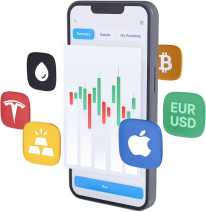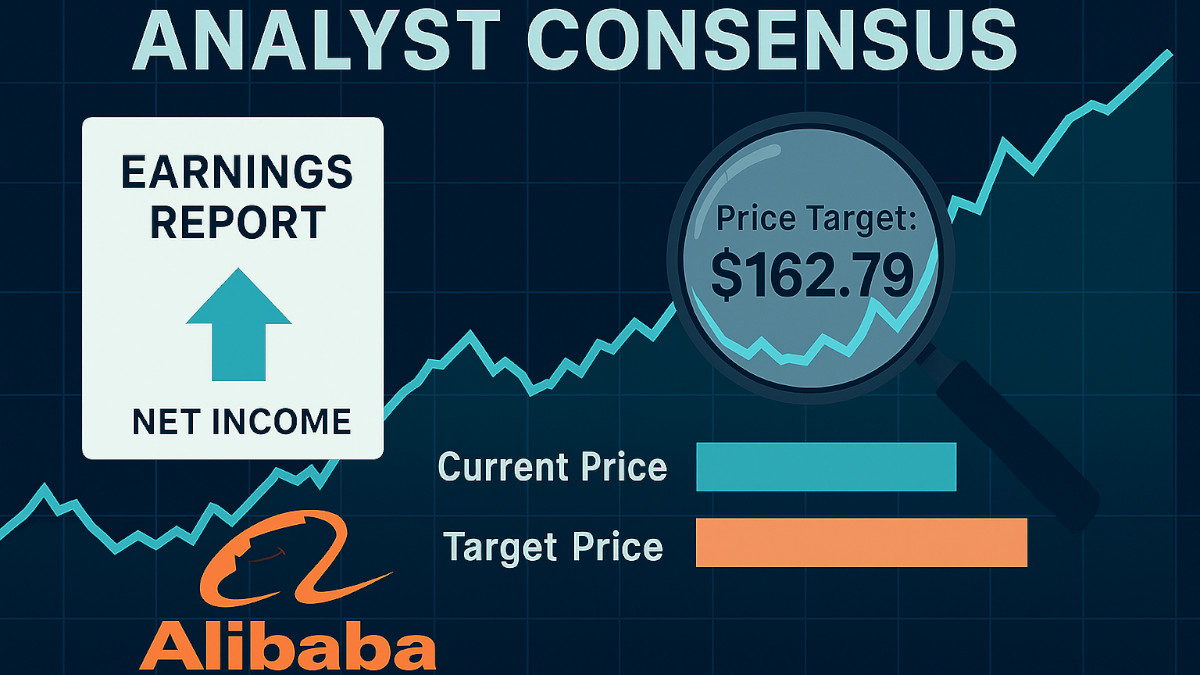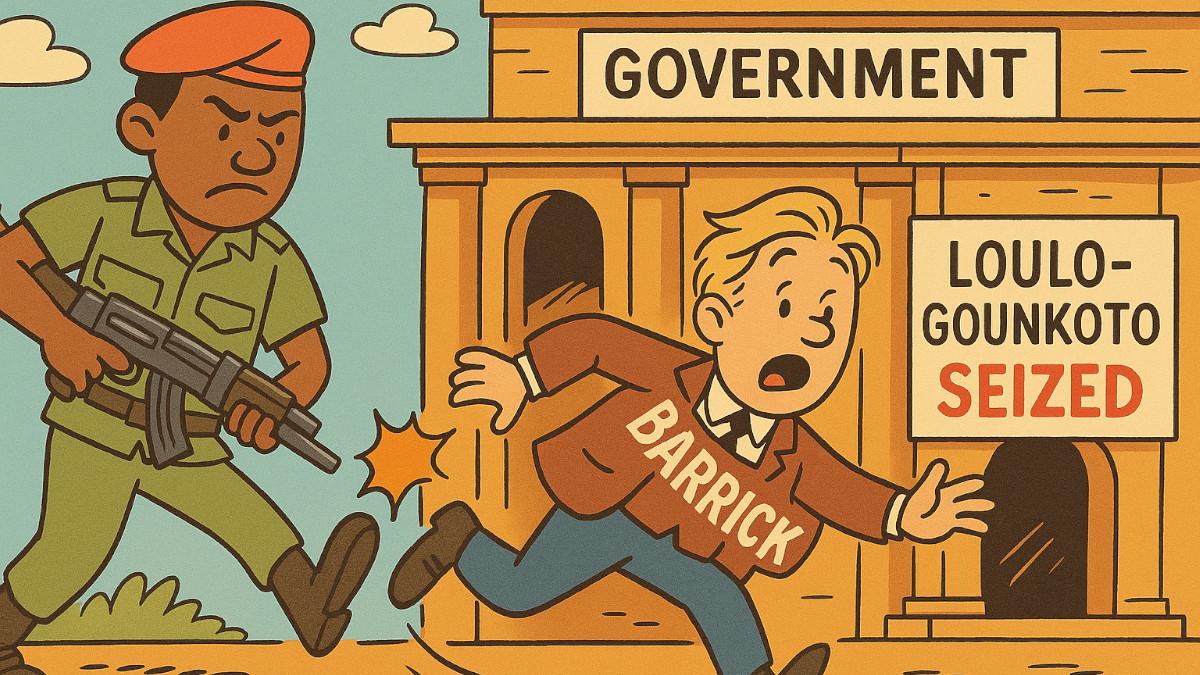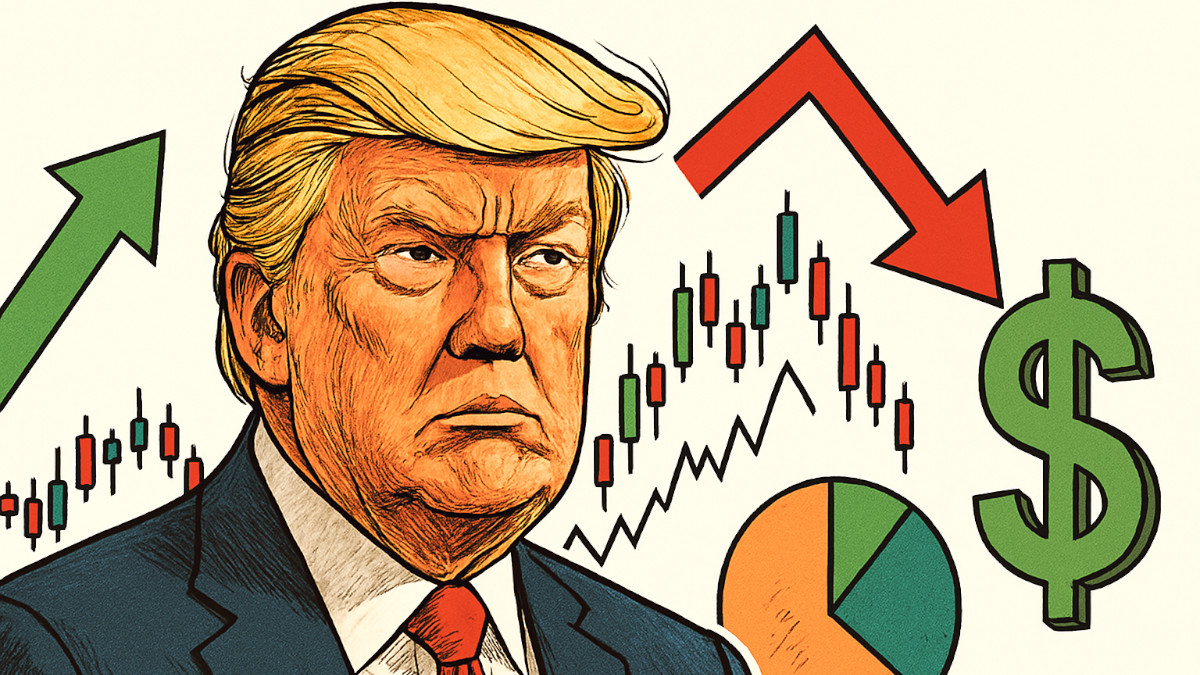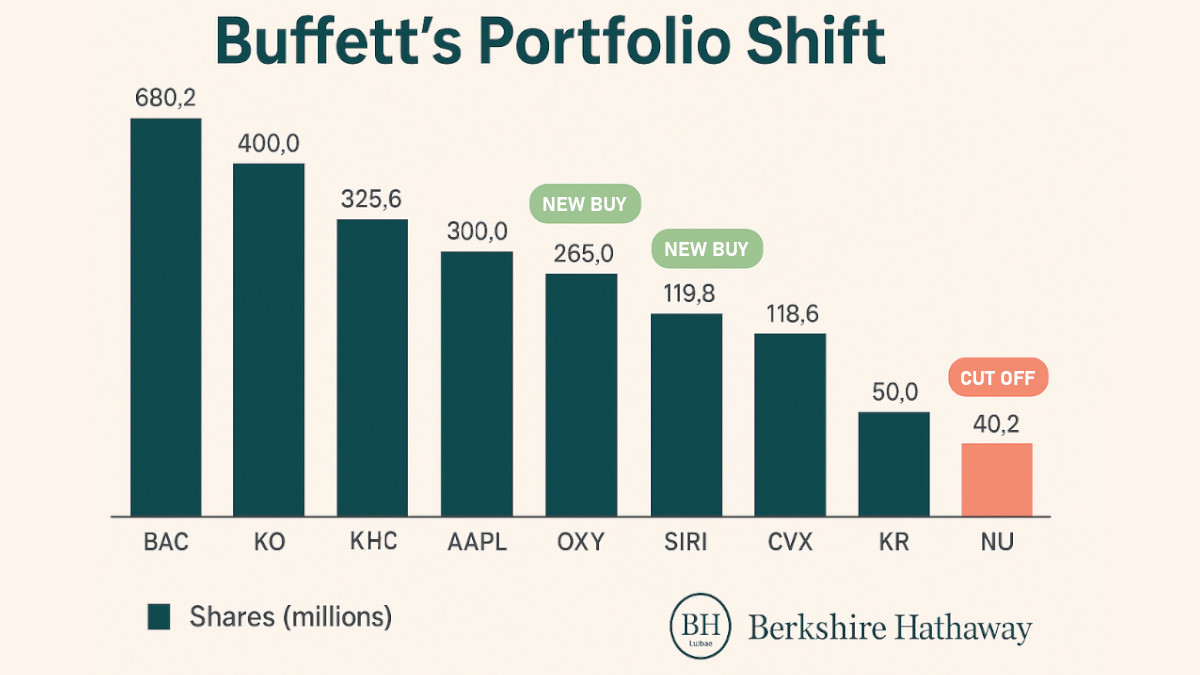- Analytics
- Trading News
- Next Fed Meeting: What To Expect
Next Fed Meeting: What To Expect
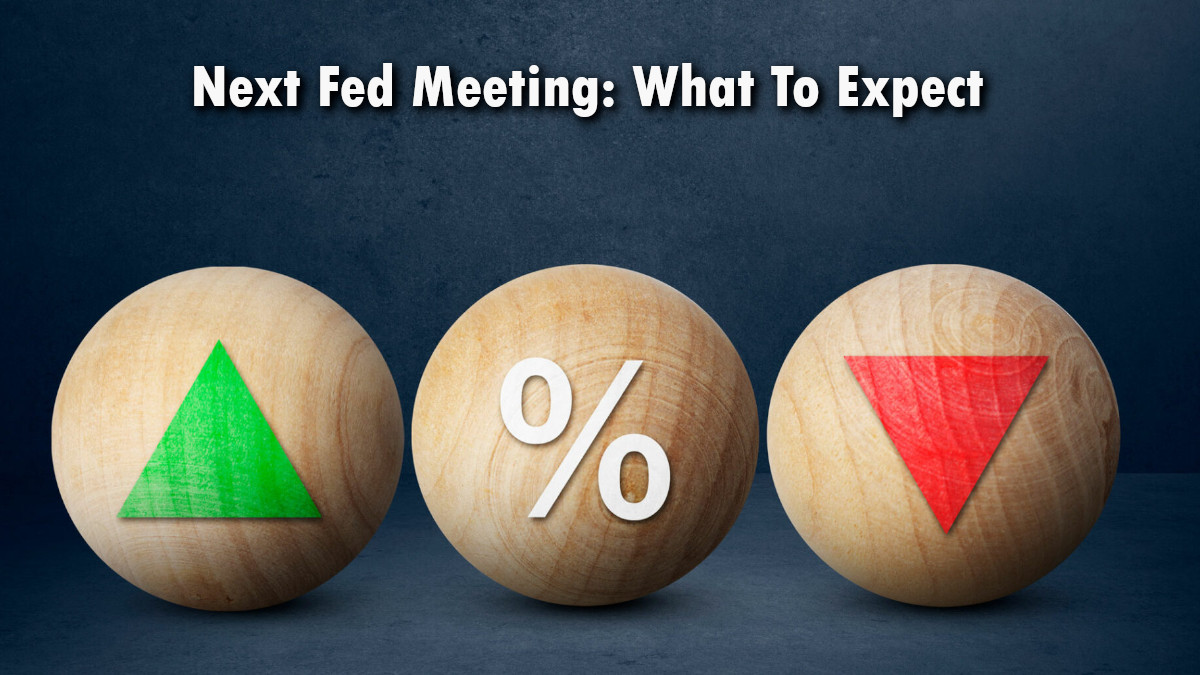
Let's start by introducing The Federal Open Market Committee (FOMC) - they hold considerable sway within the Federal Reserve and play an important role in shaping the U.S. economy. This committee is responsible for determining the federal funds rate, which serves as a crucial benchmark affecting borrowing costs across the financial system. By adjusting interest rates, the Fed can directly impact economic activity, inflation rates, and employment levels.
Now, the next FOMC meeting takes place on March 19th and 20th, 2024, and with it comes potential economic changes. Let’s check out the current economic situation, expectations from the March Fed meeting and potential impact from traders perspective.
Current Economic Situation
Inflation remains a key concern for the Fed. While recent reports show some moderation, inflation is still well above the Fed's target of 2%. Economic growth has also slowed down compared to 2023. In response to high inflation, the Fed aggressively raised interest rates throughout 2023, culminating in the current target range of 5.25% to 5.50%.
Expectations for the March Meeting
- Interest Rates
Financial markets widely anticipate the Fed will hold rates steady at the current 5.25% to 5.50% range at this meeting. This pause would allow the Fed to assess the impact of previous rate hikes on inflation and the broader economy. However, looking ahead, there is the possibility of a rate cut later in 2024, possibly starting in June. - Economic Projections
The FOMC meeting will also feature updated economic forecasts, including projections for Gross Domestic Product (GDP) growth, unemployment rates, and inflation. In December 2023, the Fed projected U.S. GDP growth of 1.4% for 2024, an unemployment rate of 4.1%, and the possibility of three rate cuts by year-end. We’ll wait and see.
Fed Meeting Potential Impact for Traders
The Fed's decisions, as we all know, have far-reaching consequences. Keeping rates stable could provide some relief to borrowers, potentially leading to increased consumer spending and business investment. However, it could also keep pressure on inflation if it does not show a significant decline.
And if rate cuts are implemented in the future, it could stimulate economic activity, but it could also reignite inflation. The stock market is also likely to react to the Fed's announcements, with potential volatility depending on the direction of future rate movements.
- Stocks - Rising interest rates generally favor value stocks - established companies with stable profits, over growth stocks - high-potential companies with less immediate profitability. A hawkish Fed (it’s when the Fed supports the raising of interest rates to fight inflation) might trigger a value stock rally.
- Bonds - The relationship between interest rates and bonds is inverse. When rates rise, existing bonds become less attractive, pushing bond yields (interest earned) higher. So you can profit by buying or selling bonds based on anticipated Fed actions.
- Currencies - A strong dollar, often a result of Fed tightening, can make US exports more expensive and imports cheaper. This can impact companies heavily reliant on international trade. You can trade currencies that are expec
- Commodities - Higher interest rates can strengthen the dollar, making dollar-denominated commodities like oil or copper cheaper for foreign buyers, potentially leading to price declines.
Pre-Meeting and Post-Announcement Strategies
Pre-Meeting: Traders often anticipate Fed decisions by analyzing economic data and Fed statements, which helps them position their portfolios in advance.
During and After the Announcement: Market volatility is common during Fed meetings. Traders with in-depth economic analysis can benefit from short-term price movements using options or short-term trading strategies. However, the initial market reaction may not always reflect the long-term consequences.
- The Announcement Effect
The announcement effect refers to the market's immediate reaction to the Fed's decisions. This can be a short-lived price movement based on surprise or confirmation of expectations.
Skilled traders can potentially capitalize on the announcement effect by anticipating the market's reaction and placing orders beforehand. However, this strategy requires a high level of experience and risk tolerance.
For most traders, it's wiser to wait for the initial volatility to subside and then make calculated moves based on the new market reality.
Conclusion
The upcoming FOMC meeting is likely to maintain the current interest rate range, with a focus on evaluating recent economic data. The Fed's updated projections will offer valuable insights into their outlook for inflation, growth, and future monetary policy adjustments. The decisions made during this meeting will have a ripple effect on consumers, businesses, and the financial markets.
Good Luck!

